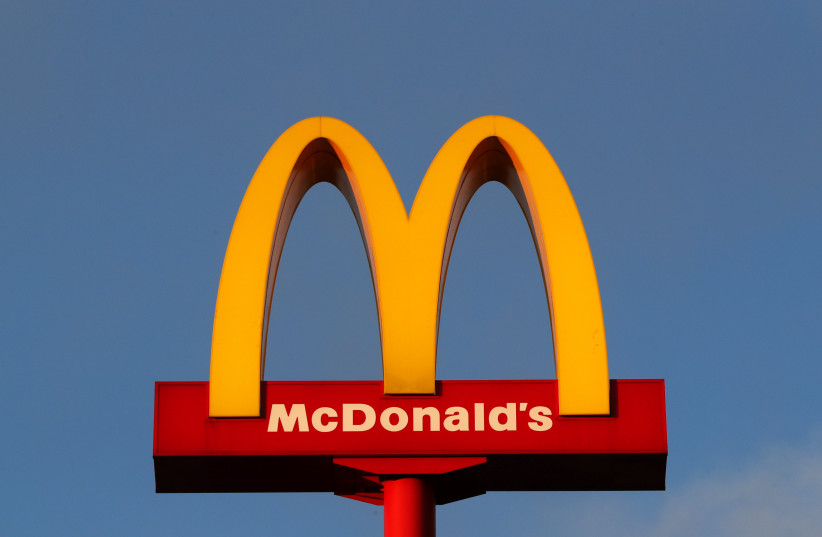McDonald's is buying its 30-year-old Israel franchise from Alonyal Ltd, taking back ownership of 225 restaurants in the country that employs more than 5,000 people, the companies said on Thursday.
The US fast-food chain has been subject to boycotts and protests since Alonyal announced shortly after the Oct. 7 attack by Palestinian terrorist group Hamas that it would be donating free meals to Israeli military.
McDonald's is a global chain but its franchises are often owned locally and operate autonomously.
Its CEO Chris Kempczinski had said in January the company has seen "meaningful impact" in several markets in the Middle East and some outside the region due to the Israel-Hamas conflict.
Will McDonald's stay open in Israel?
"McDonald's remains committed to the Israeli market and to ensuring a positive employee and customer experience in the market going forward," Jo Sempels, president of International Developmental Licensed Markets, said on Thursday.

After the completion of the transaction in the coming months, McDonald's will own Alonyal's restaurants and operations while retaining its employees, Omri Padan, CEO and owner of Alonyal, said.
The companies did not disclose the terms of the transaction.
Another major Western fast food chain Starbucks has also seen boycott campaigns over their perceived pro-Israeli stance and alleged financial ties to Israel.
